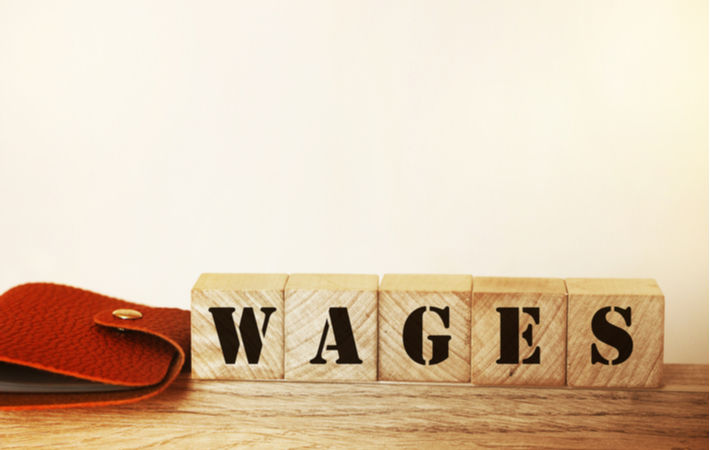The Indian government should consider wage support mechanism and interest subvention for micro, small and medium enterprises (MSMEs) reeling under the severe impact of COVID-19, according to a recent paper by the Associated Chambers of Commerce and Industry of India (ASSOCHAM), which recommended a slew of relief measures, including regulatory easing.
Even as the states are in the process of easing lockdowns, trade and industry would need an all-round support to pick up their business thread again, after halt or near-halt of their operations since the middle of April, said the paper submitted to the government.The Indian government should consider wage support mechanism and interest subvention for micro, small and medium enterprises (MSMEs) reeling under the severe impact of COVID-19, according to a recent paper by the Associated Chambers of Commerce and Industry of India (ASSOCHAM), which recommended a slew of relief measures, including regulatory easing.#
Batting for protection of employment, it said: "The surplus funds of ESIC (Employees State Insurance Corporation) should be used for providing wage support measures/stimulus package for the employees".
ASSOCHAM secretary general Deepak Sood said wage and job protection measures have been further extended by several countries, including the United States. "This is time to support and spend without giving too much focus on the fiscal parameters. I am sure, the RBI [Reserve Bank of India] and the government are constantly working on innovative solutions to keep infusing cash into the system despite an understandable revenue pressure," he said in a press release.
"The Government's Ease of Doing Business and Competitive Manufacturing focus needs to go in overdrive with reforms to the Electricity Act, Unified Tariff and Unbundling of Natural Gas, removal of old and redundant laws so that we can have a fantastic economic rebound post pandemic," he added.
The chamber study also sought an interest subvention for the trade and industry so that they can revive themselves with minimum disruptions.
The paper also expected RBI to continue with its accommodative stance for the policy rates in the ensuing meeting of the monetary policy committee in the wake of an unexpected rage of the second wave of the pandemic.
The government should give an option of dual tax structures—5 per cent with no goods and services tax (GST) input or 12 per cent with GST input credit allowed, the trade chamber said.
Fibre2Fashion News Desk (DS)
